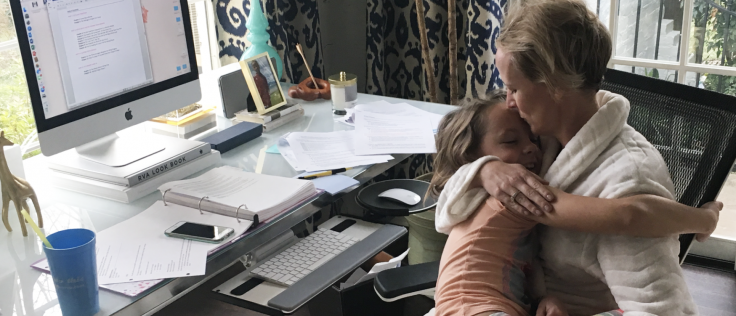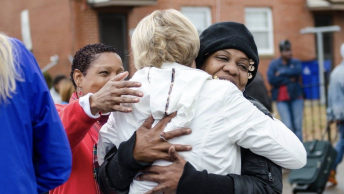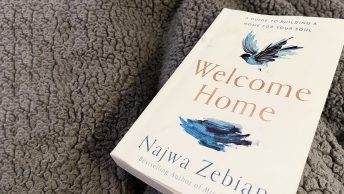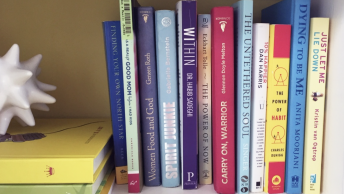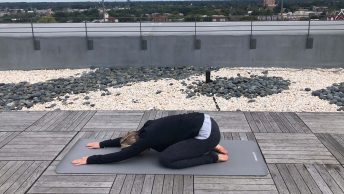I believe life is best lived from the inside-out. I’ll explain.
Living from the inside-out means prioritizing what you think of yourself over what others think of you. It also means spending time doing what you want to do, and not what you think others prefer you do. If you have strong beliefs about who you are and what makes you happy, that foundation can serve as a rudder.
And just like the rudder on the bottom of a sailboat keeps the boat upright when strong winds might otherwise blow it over, your beliefs about yourself can keep you upright when the winds of life, and other people’s opinions about your life, try to knock you around.
Sailing in calm seas can feel like an impossibility when you’re dealing with a life changing diagnosis such as cancer. I don’t know about you, but cancer seems to be everywhere these days. It all just feels so unfair. Here is a list of people I know and love who’ve been newly diagnosed with cancer in what feels like the blink of an eye.
- My friend’s husband had a headache and was told he had a brain tumor. He died the following week.
- My friend’s wife had a stomach ache which turned out to be an inoperable tumor the size of a grapefruit on her ovaries.
- My brother’s mentor saw his doctor for back pain and left knowing he had cancer throughout his entire body and was given the phone number for hospice.
- My dear, sweet grandmother whose minor neck pain turned out to be bone cancer in almost every bone in her body.
What do these cancer diagnoses have in common? They were all goddamn sneak attacks. Each and every one of these remarkable human beings, with full lives and full families, walked into a doctor’s office with a mild ache or pain and left with the knowledge that they’d be dead by the end of the year, month, or week. And there was nothing to do about it.
No chance to battle it. No chance to stand up to it. No chance to play the popular song, “This Is My Fight Song” on repeat and dance in their living rooms like my friend Karen did, before kicking her cancer’s ass. To be clear, this blog post is not a pity party for me or my friends. I’m not writing this to elicit sympathy for the love and loss that appears to be practically everywhere.
I’m writing this post to help try to prevent your own pity party from happening.
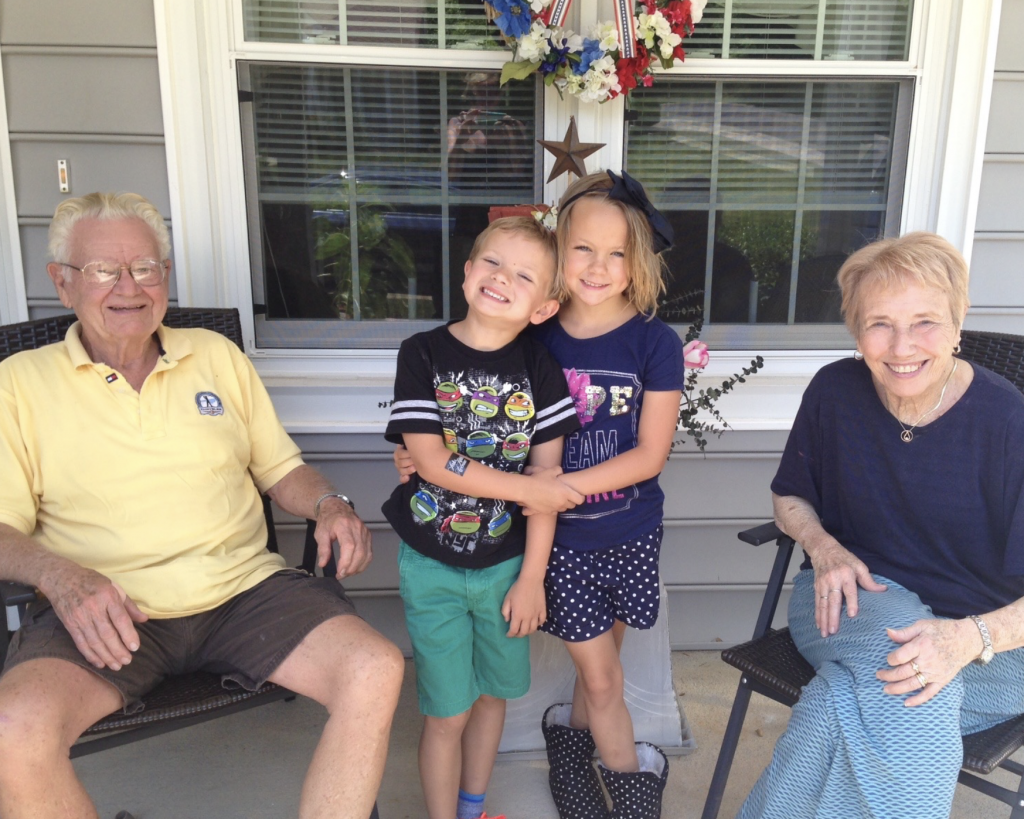
Showing up to a doctor’s appointment for the first time and being told you have cancer throughout your entire body is a real thing. If it can happen to my friends, it can happen to you. It could happen this week
Why would it not? How could it not?
I’ll share one solution that puts my manic mind at ease. I became mildly paranoid about cancer two years ago, so I decided to do something about it. I signed up for a new kind of medical care, commonly referred to as “Concierge Medicine”— a proactive approach that begins each year with a robust physical and then that doctor becomes your primary care physician. Here’s how my particular program has worked for me. I pay $2,500 a year, and I get the most thorough physical known to man: stress test, cancer screenings, vascular disease screenings (vascular disease causes more deaths each year than cancer), an ultrasound of every major organ, melanoma imaging, etc.
You name it; they do it. And they do it all in less than three hours.
Several days after the physical exam, I get two things that I have never received before with any medical care. The first perk is a 90-minute meeting with my doctor to go over every single result, any changes I should make in my life, and the chance to ask 652 questions if I so desire.
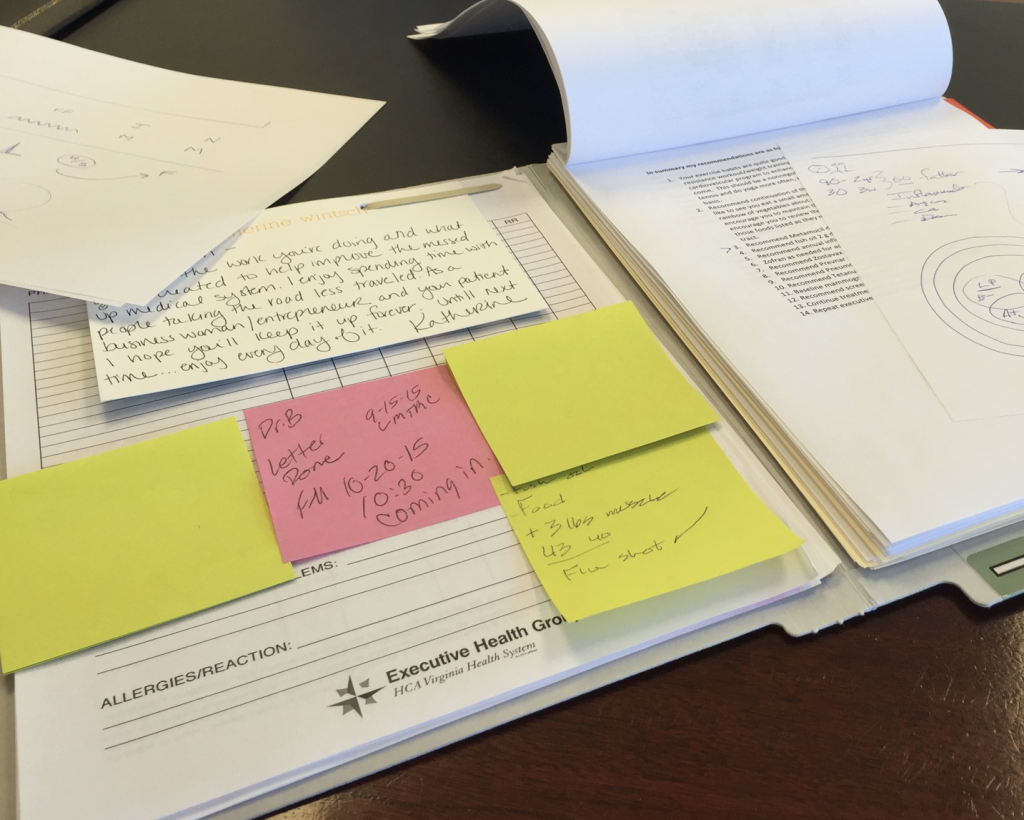
The second benefit is immediate access to this incredible doctor 24-hours a day, seven days a week, via a phone call or text. That’s right, the one person on the planet who literally knows me inside and out is on call for me every hour of the day. This last benefit alone has saved me dozens of trips to the doctor, missed work, and unnecessary paranoia.
Take, for example, these recent exchanges: Me: Hey, doc, I have a rash on my chin. See pic. It’s disgusting. Please help. Doc: It’s Peri Oral Dermatitis. I’ll call you in a prescription. Or this one: Me: Hey, doc, my son sliced his foot pretty badly. See pic. Does he need stitches? Doc: Yes, he does.
It’s literally a one-stop shop that’s open 24-hours a day, whether you’re worried about developing pre-cancer cells or adult acne.
I love this revolutionary form of medical care, because it examines your body, the vessel that carries your soul around and lays down next to your loved ones, from the inside-out. It provides you with something that’s worth more than gold, in my opinion; it provides peace of mind. Peace of mind, from the inside-out.
Each year after my physical exam, I breathe a lot easier. I’m confident that my aches and pains from getting older are not, in fact, going to kill me. I’m confident that barring a tragic accident, I’m going to live another year in this body and on this earth. Is $2,500 a lot of money to spend on medical care? Yes, indeed. Do I have that kind of money sitting around, ready to drop on something like this? Of course not. Do all concierge medical practices cost this much? I have no idea.
Here’s what I do know: I love my life. I finally figured out how to navigate this life and actually be happy with it…and I don’t want it to be ripped away from me on a Wednesday afternoon when I go to the doctor because of a stomach ache. It happens, people. It’s real.
I’m willing to set aside money each month to make this happen. We save for retirement, so why not save for proactive healthcare? I’d even be prepared to replace a big family vacation with a low-key staycation if that’s what it takes to make sure I’m alive at the end of it. I’ll do whatever it takes to prevent me from writing an article in The New York Times like this one where Amy Krouse Rosenthal, a wife and mother of three, is trying to find her amazing husband, and soon to be widower, a new wife. If I’m going to get cancer one day, I want a chance to fight. If I lose, then I lose, but I want the opportunity to at least try to win.
No goddamn sneak attacks.
Five years ago, I got clear on who I am as a human being, and I stopped living my life for other people. In other words, I started living my life from the inside-out. And now, I’m doing the same from a physical standpoint. So, I can safely say that I know what’s going on inside of me from every angle. And I like it that way.
When people we love die, it can feel as if a piece of us dies alongside them. The only silver lining is that their death can be a wake-up call. It reminds us that we’re alive.
